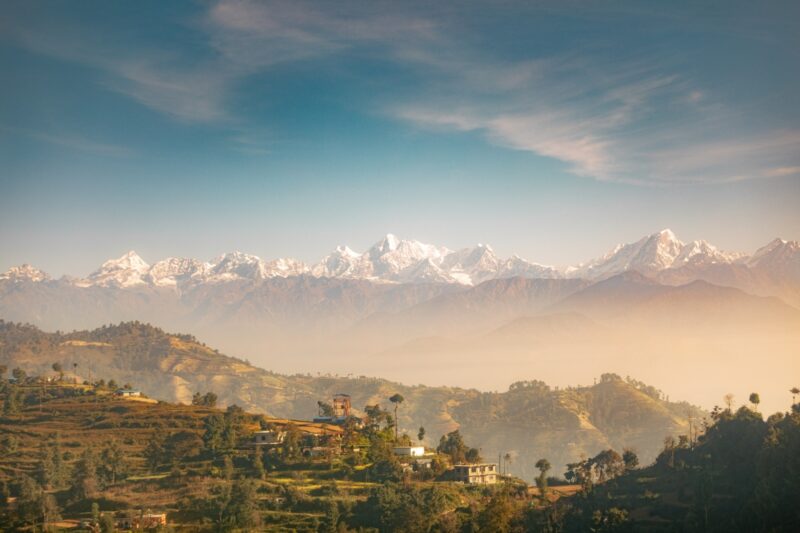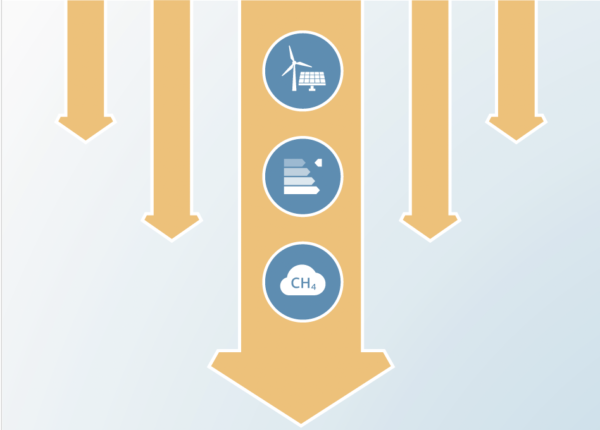The IPCC’s fifth assessment report and its implications for Nepal
Authors
Rishikesh Ram Bhandary, reviewed by Michiel Schaeffer, Diana Reckien, Bill Hare, Olivia Serdeczny and Manjeet Dhakal
Share

Climate change is a challenge that not only threatens Nepal’s future development potential. It could also undermine significant development gains that have been achieved in previous decades. Climate change impacts are expected to increase poverty levels in high mountain states, mainly through channels such as diminished food security, the depletion and destruction of assets, which in the end can become poverty traps for parts of the population. Climate change is also a critical stressor that interacts with other stressors such as high levels of poverty, low human development, and high inequality, as well as with cultural and institutional factors that shape development outcomes.
The Intergovernmental Panel on Climate Change’s (IPCC) Fifth Assessment Report (AR5) brings together the latest scientific evidence on climate change and assesses the literature with a view to provide policymakers with policy relevant input. The IPCC’s work is organised along three working groups (WG): WG1 on the Physical Science basis, WG2 on Impacts, Adaptation and Vulnerability, and WG3 on Mitigation. These working groups completed their work for the AR5 in mid-2014, and preparations for the synthesis report are underway.
The AR5 has been adopted at a time crucial for Nepal, both from the perspective of the international climate change negotiations and in view of Nepal’s domestic policy context: On the one hand, Nepal needs to be equipped to shape the design of the emerging international climate change architecture, a responsibility that has become more salient as Nepal holds the current Chair of the Least Developed Countries Group; On the other hand, Nepal’s new Constituent Assembly, elected in November 2013, provides a fresh opportunity for policymakers to address climate change, as it allows wider institutional arrangements and coordination activities to be discussed and institutionalised. Accordingly, the insights from the IPCC are valuable for Nepalese policymakers.











